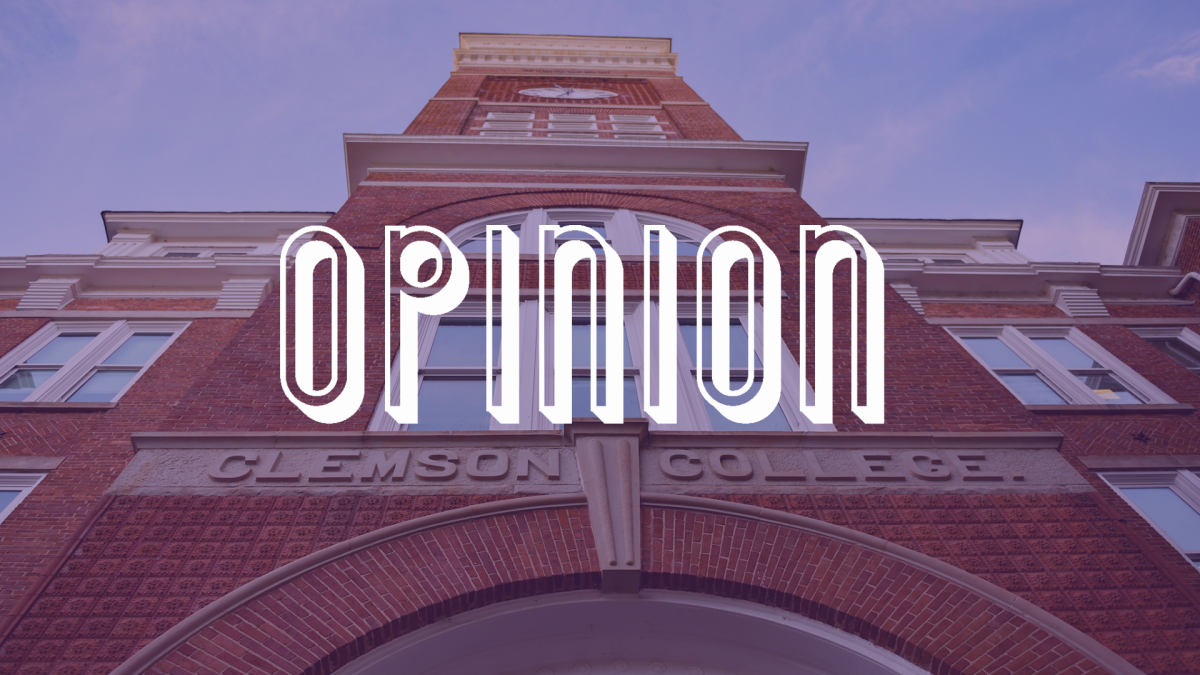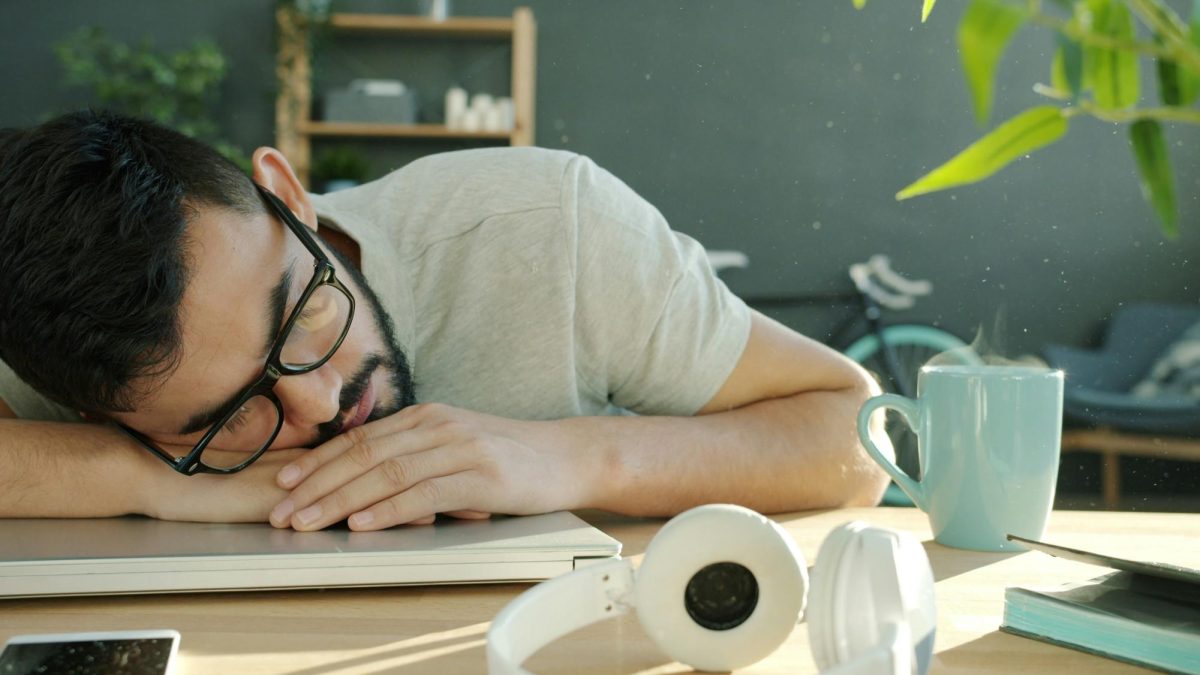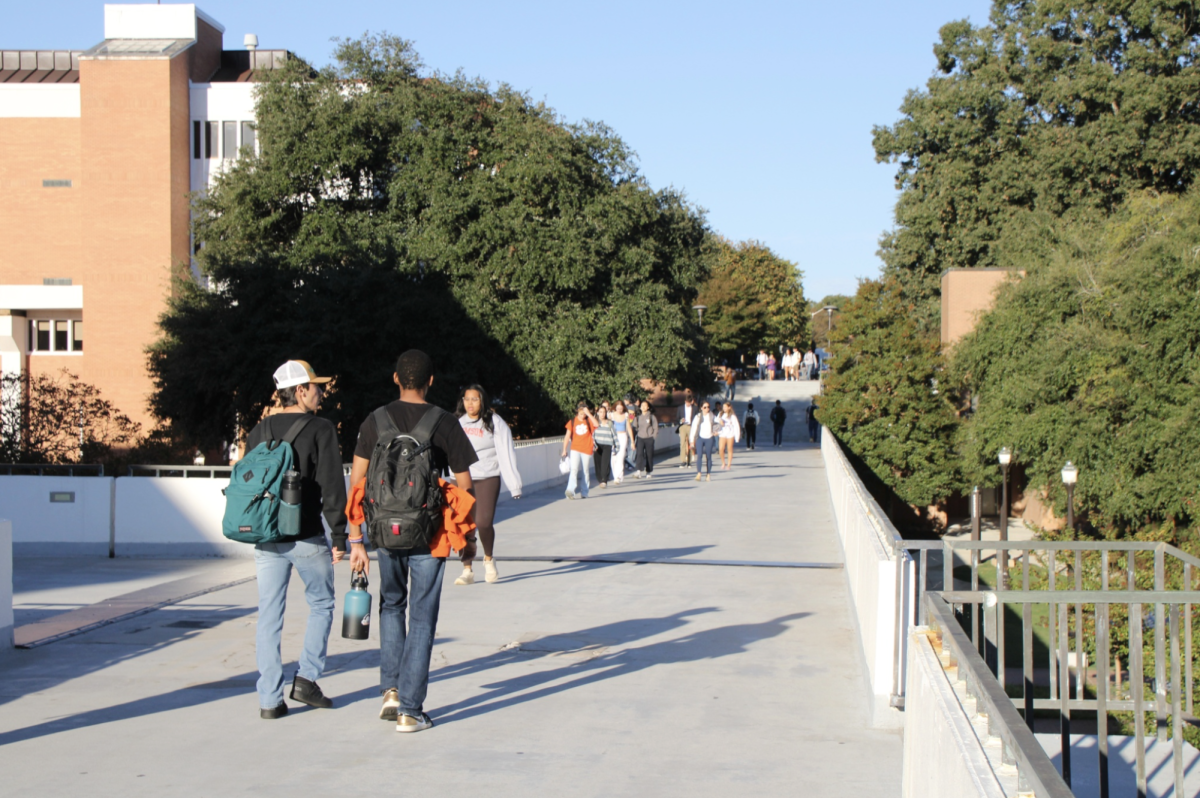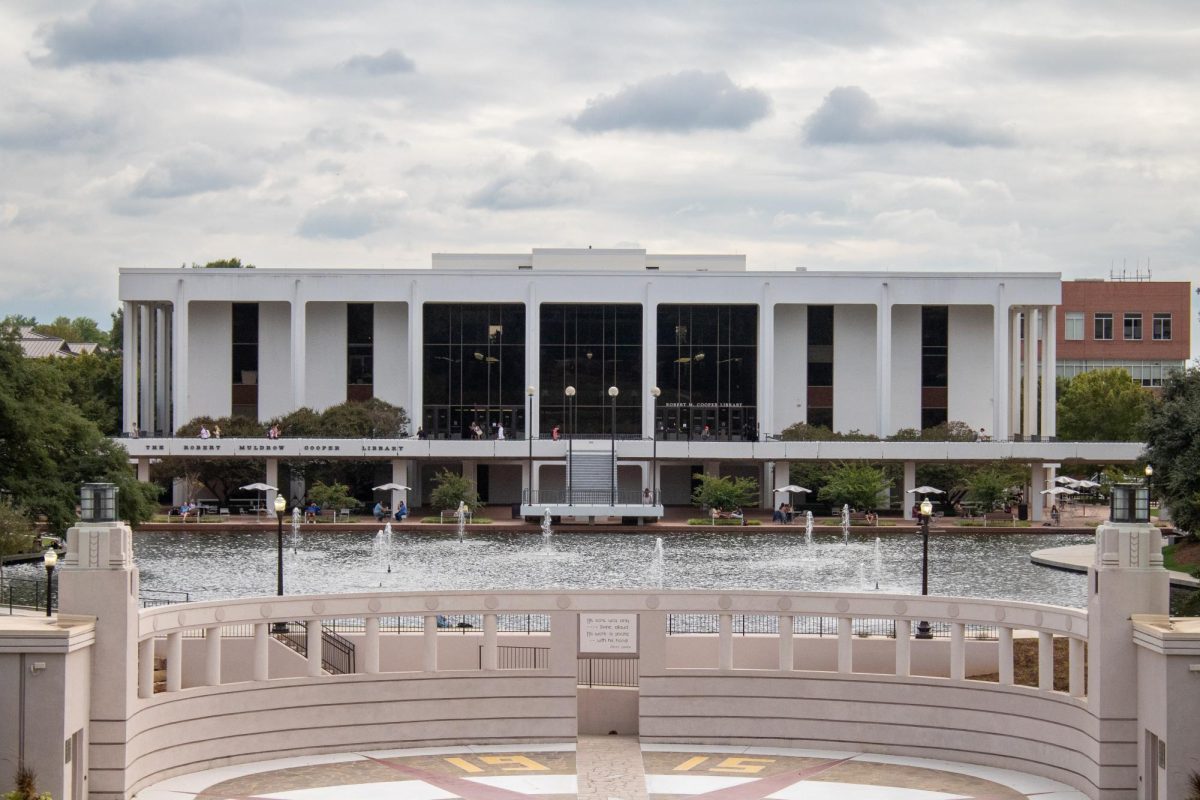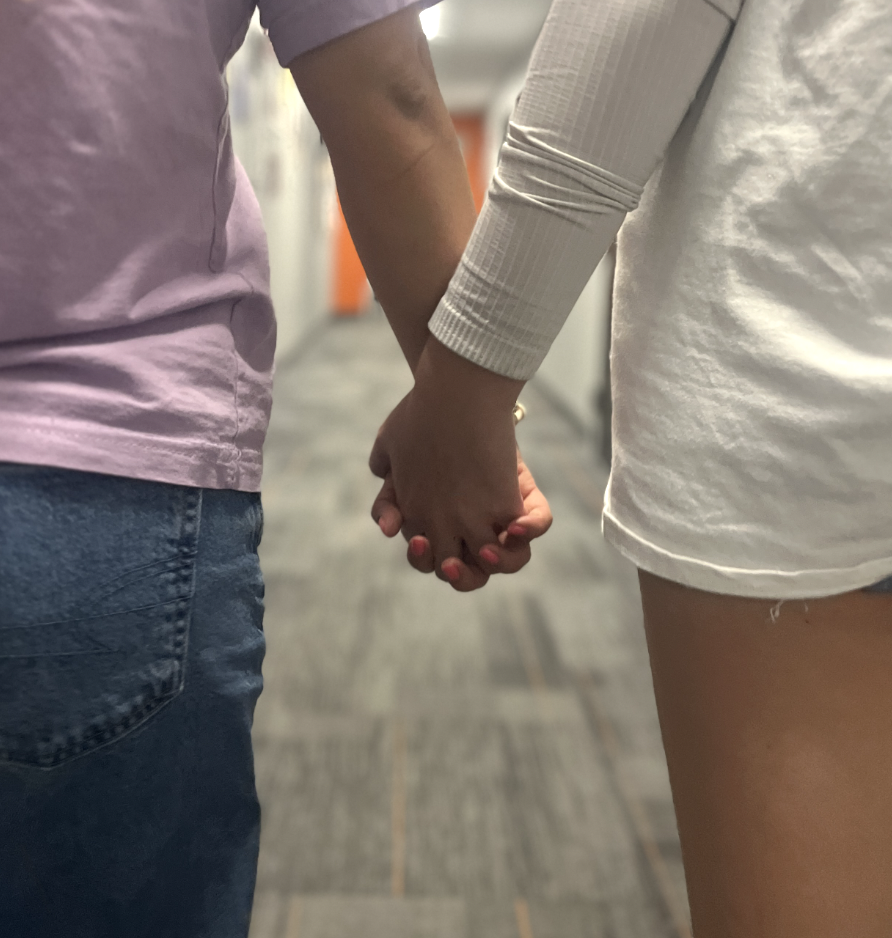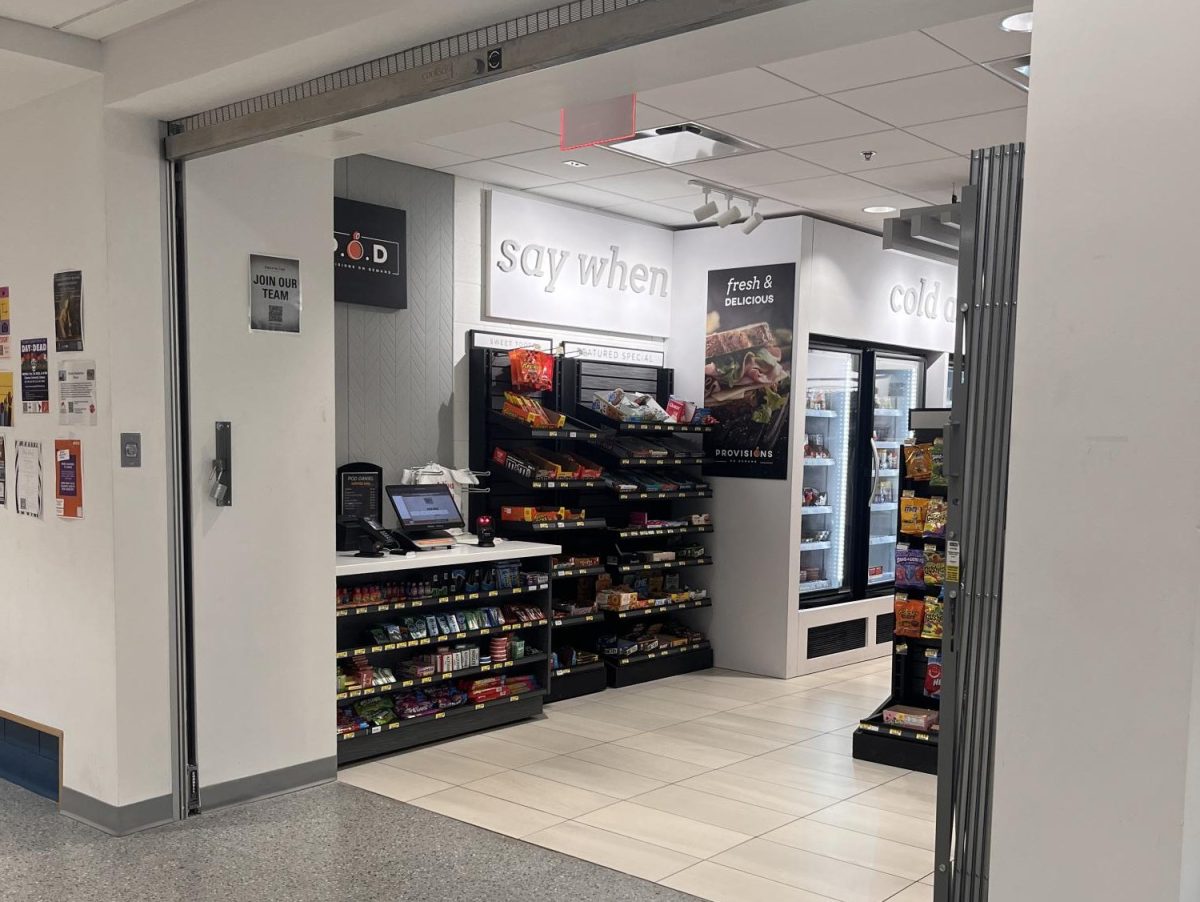As I was reading the article “What Your Selfies Say About You” I started thinking about all of the negative ways in which our society is impacted by something as small as a click of a button. This seemingly harmless action can lead to low self-esteem for the selfie taker and those seeing the picture on social media. This issue isn’t just limited to selfies. Any post that someone creates that seemingly shows no flaws can have a huge societal impact.
For example, when you are scrolling through Instagram or even looking at people’s Snapchat stories, you most likely at some point say to yourself, “Wow, how are some people so happy?”
The simple fact of the matter is that the whole world of social media is one big trick to get us to look at someone’s life or personality in a distinct way that could be totally opposite from what it really is.
On the relationship spectrum, if you are taking a selfie that is edited or altered to look like something that does not embody you, then do not expect a meaningful connection to come from it. There have been studies conducted that show how sharing selfies actually leads to a decrease in intimacy with those around you. Overemphasizing your own looks can make those around you feel as if theirs are not good enough, and they can feel self-conscious around you.
In the article, a forty-year-old chief official officer of a digital media company was interviewed. On her own social media, she had flawless pictures of herself and her children. Some photos were seductive, but some were trying to depict the subject as a loving mom. She explained that if she is having a meaningful moment in life, then she wants to share it. However, she then goes on to explain that, if she looks bad in the picture from that particular meaningful moment, then that picture will never be seen by the outside world.
We are all guilty of taking pictures of either ourselves or outside objects with the intention of posting them to make ourselves look like we are living our best lives. But where does it stop, and how does it affect our actual lives that are happening right now?
Speaking from personal experience, there have been many meaningful moments in my life that I felt like I needed to capture but not for my own personal enjoyment. Taking the time out of your life to snap a picture of yourself with the Grand Canyon in the background just so that you can post it and get a lot of likes later is not only unhealthy, but it takes away from you yourself actually enjoying that special moment.
There is a quote within the aforementioned article that embodies what our lives look like engrossed in social media, which actually made me start thinking about this topic on a deeper level. A woman in the article says, “And I finally realized, well, how can I expect others to pay attention to what’s happening in my life when I can’t even say the same for myself?” This quote is the literal definition of the flaws of social media.
It’s safe to say that our society could use a break from what seems like the full time job of social media. There are so many more ways to enjoy a moment in life than sharing it with the rest of the population.
What would happen if we were actually “living in the moment” instead of making that phrase our Instagram caption?
If you would like to read the article, you can find it through the citation: Alfano, C. L., & OBrien, A. J. (2018). Envision in depth: reading, writing, and researching arguments. Boston: Pearson.



